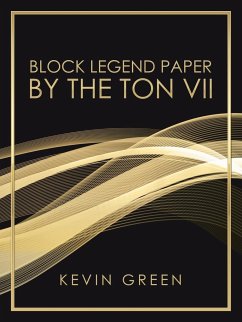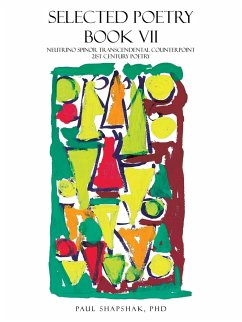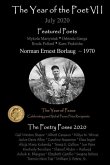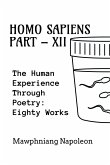The first six books of David Hadbawnik's astonishing modern translation of the Aeneid appeared from Shearsman Books in 2015. He now brings the whole project to a spectacular conclusion in a volume accompanied by Omar Al-Nakib's dramatic abstract illustrations. "Few narrative poems have possessed the Western imagination like Virgil's twelve-book epic written during Augustus's triumphant consolidation of the Roman Empire. [...] This new volume goes a long way toward moving the narrative into the hands of contemporary readers, drawing out a playful understanding of the ancient story while exhibiting modern preferences for poetic interaction and inquiry into the history and terms of poetic form and translation. Hadbawnik shows the fun to be had in language's etymological resonance, and he delights in scenes of dramatic fulfillment and failure. His translation distills the essence of the narrative by directing a reader's perception of the tale. [...] The turbulent energy Hadbawnik frames in the Aeneid is reinforced by Omar Al-Nakib's illustrations. The images are extraordinarily active, shimmering. Figurative abstractions in black and red ink commit visual renderings that merge a new language with the text. A kind of haptic interplay takes place in textures of visual and auditory modes that interact in the experience of reading. The interplay between the text and images vividly enhance the poem's movements. Readers enter it anew as a work of contemporary art and not as a furzy excavation or dour education in classical writing. It is instead a vivid opportunity to confront our own pleasure for words and images violently imagined in the ancient corpus." -from Dale Martin Smith's Introduction, 'The Warrior Ag¿n'.
Hinweis: Dieser Artikel kann nur an eine deutsche Lieferadresse ausgeliefert werden.
Hinweis: Dieser Artikel kann nur an eine deutsche Lieferadresse ausgeliefert werden.








